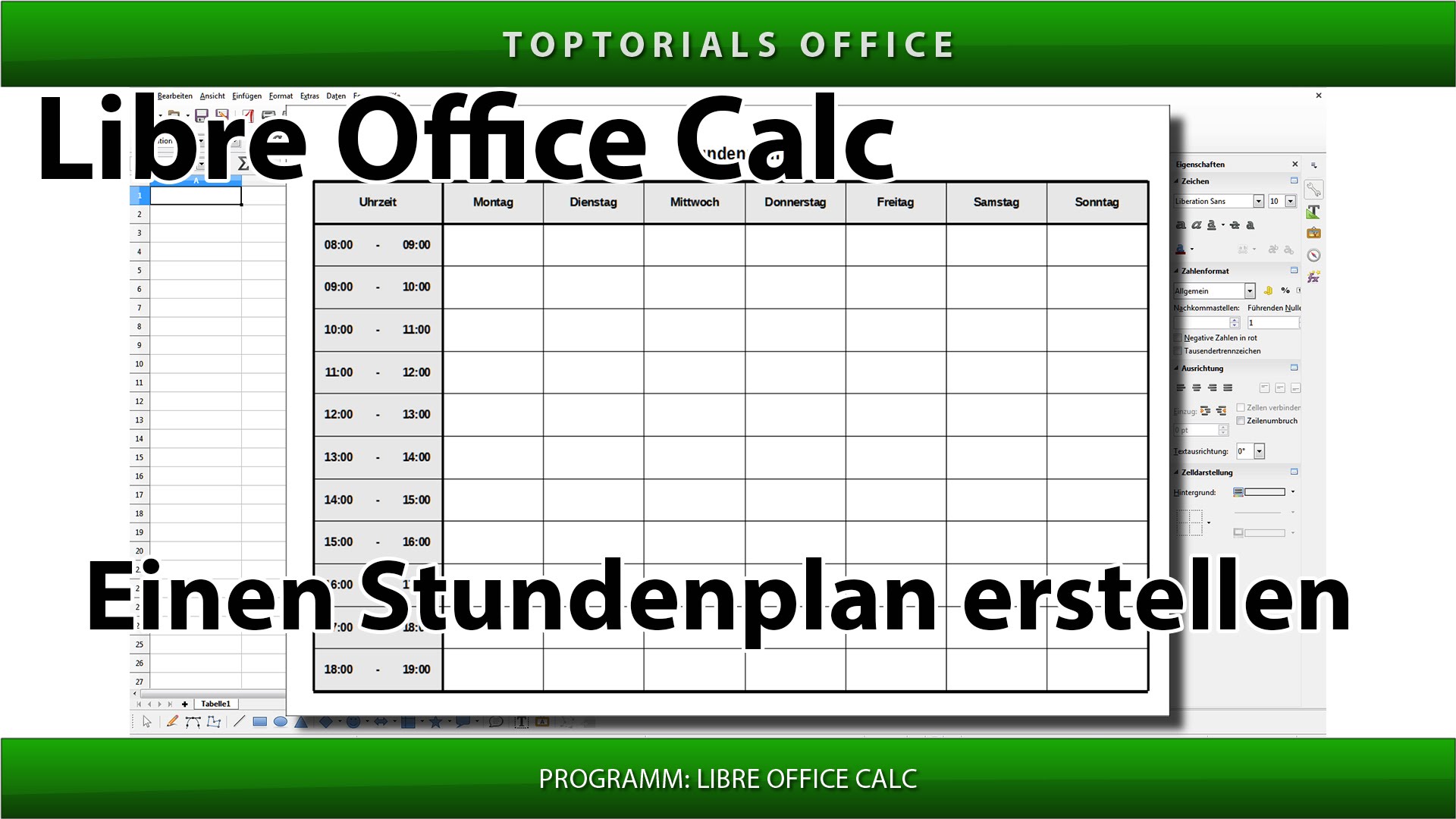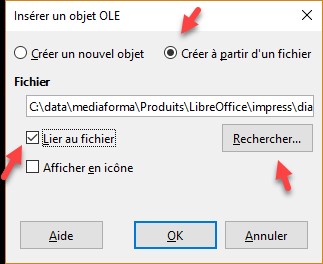

In order to avoid the slowness of Save As., you could use a macro like this: Sub SaveAsUtf8ĭim fileProps(1) as new .PropertyValueįileProps(1).Value ="UTF8,CRLF,Liberation Mono,en-US," To show the encoding options dialog, go to Save As. Having to use Save As every single time is a real waste of time. LibreOffice should preserve the encoding of the file and save the file as UTF-8 without the BOM.


I do know that there is a Text encoded option where you can (in theory, if it actually worked) choose the encoding of each plain file. I want it to be UTF-8 WITHOUT the BOM, which I believe is called ASCII/US in LibreOffice. All your work is saved automatically pretty much the moment you do it, and it saves several versions of each file, too.I want to change the default text encoding used by LibreOffice when saving a document as a Text document. For one, saving or making backups is completely unnecessary when using Workspace. While it may not seem like that big a deal at first glance, once you have used the one for a while and then switch to the other, it feels completely different. Free is obviously better, but you may find Workspace’s benefits worth the price.Īnother big difference is that Google Workspace is entirely online, while LibreOffice is totally offline. One large difference is cost: LibreOffice is free, and Google Workspace starts at $6 per month, and goes up as your business size and needs increase.

RELATED: What Is Google Workspace, and Does It Fully Replace G Suite? Google Workspace vs LibreOffice: The Big Pictureīefore we look at how the separate apps like the word processor and spreadsheet perform, we may want to go over some of the overarching differences between these two suites. We compare the two to see which may be the better fit. With the heavily advertised Google Workspace now online, you may find yourself wondering whether it’s time to leave open-source LibreOffice behind and switch to something a bit more corporate.


 0 kommentar(er)
0 kommentar(er)
